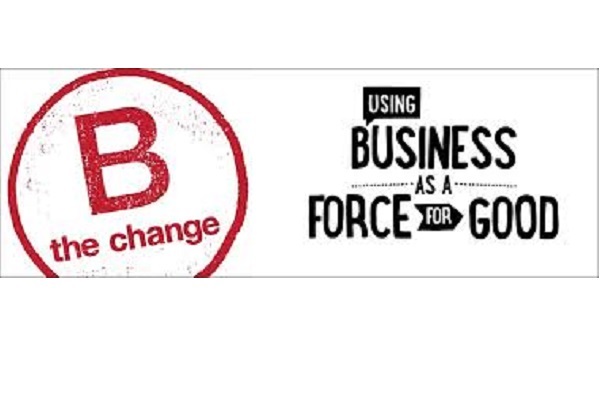B-Corporation status – does your company strive to make a greater social, environmental and global difference?
Did you know that 92% of Millennial consumers are more likely to buy products from ethical companies? (AFLAC Survey 2017). Companies that are demonstrating high brand authenticity, and an importance and value towards the greater good instead of solely to its bottom-line have seen a remarkable surge in support and profits. A global movement, which has been in motion since 2007, is the B-Corporation (“B-Corp”) certification of companies.
B-Corp certification, issued by the not-for-profit B-Lab, is to profit-making companies what fair-trade is to chocolate, bananas and coffee. It is a statement and a clear public identity that a company is part of a global movement, has assessed its constitutional framework and has fully considered the impact that its operation has on its shareholders, the environment, local community and workers.
Traditionally, companies incorporated in the UK are required to maximise profits and operate for the benefit of shareholders. B-Corps differ in that they have an interest in the ‘triple-bottom line’, operating for the benefit of society and not solely profit-maximisation for shareholders. For example, a B-Corp certified company may operate a profit-share scheme with employees or organise community-based engagement programs.
To achieve B-Corp certification a company must follow a fairly comprehensive process, requiring an initial assessment (the B-Impact Assessment) in which a company is graded. If a company meets the requisite grade it must then amend its constitution to meet the legal test, which includes a requirement that the company must consider the interests of shareholders, society and the environment when making operational decisions.
The certification is becoming ever relevant as many businesses wish to work with ethical companies, that blend corporate values with social impact. This is combined with a shift in government policy and social expectations. But when it comes to companies undertaking good activity, it’s not always easy to tell which companies are legit. A 2013 survey from Nashville, Tenn., marketing agency Good.Must.Grow. shows that 63 percent of customers don’t always trust corporate claims of social responsibility. This is where B Corp status comes in.
Interestingly, most UK businesses are likely to be eligible for B-Corp certification as long as the business can show that it generates most of its revenue from trading, it operates in a competitive market, it is not a charity and is not a public body owned/majority owned by the government.
There are more than 2,000 B-Corp certified companies in more than 50 countries and across 100 industries including household brands such as Ben & Jerry’s. More information about B-Corps and how to apply for the certification can be found at https://www.bcorporation.net/.
To discuss the content of this article or to discuss how your company can obtain this accreditation, please contact Teri Hunter on t: 01628 470 004 or e: teri.hunter@moorcrofts.com.



